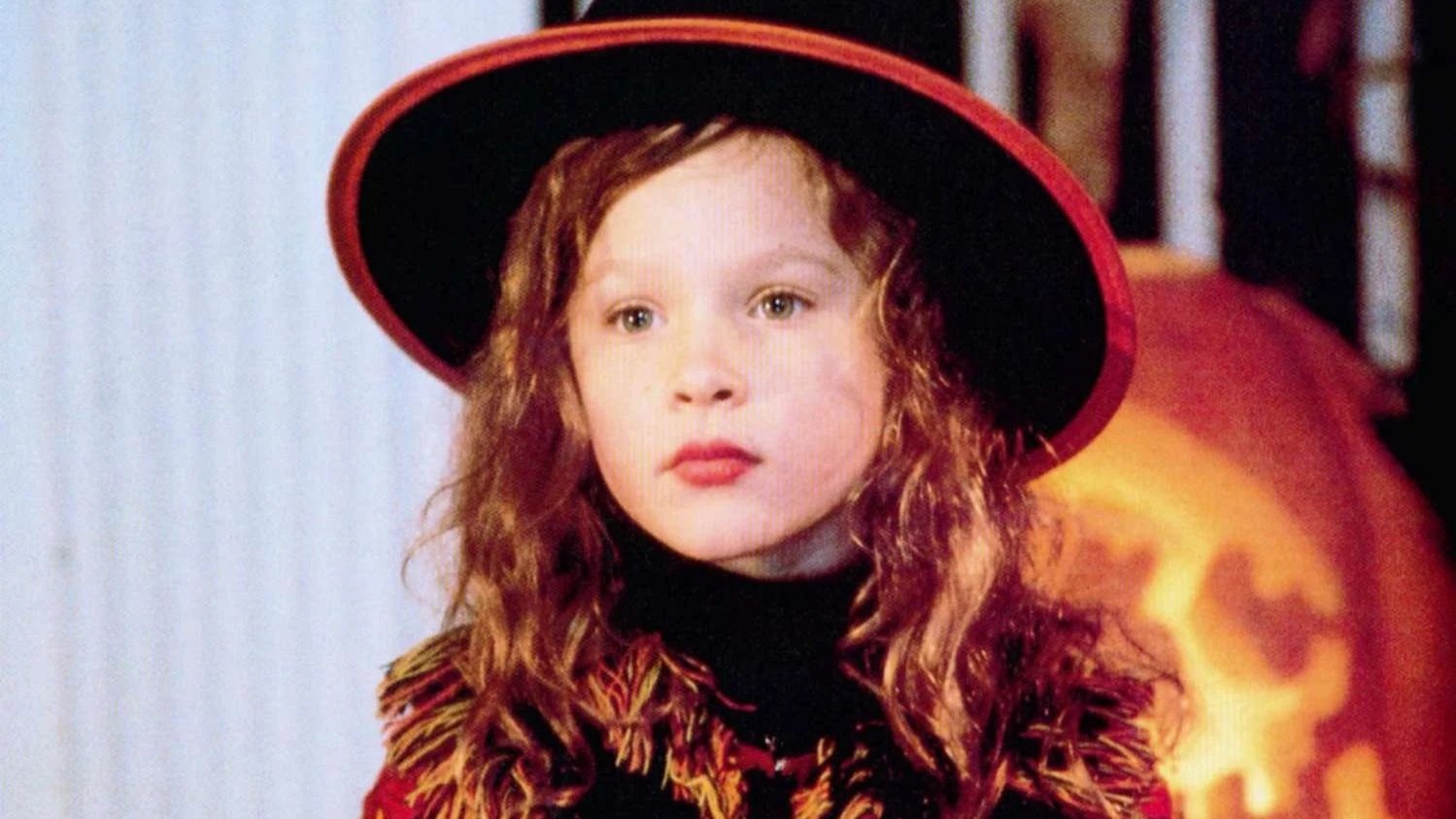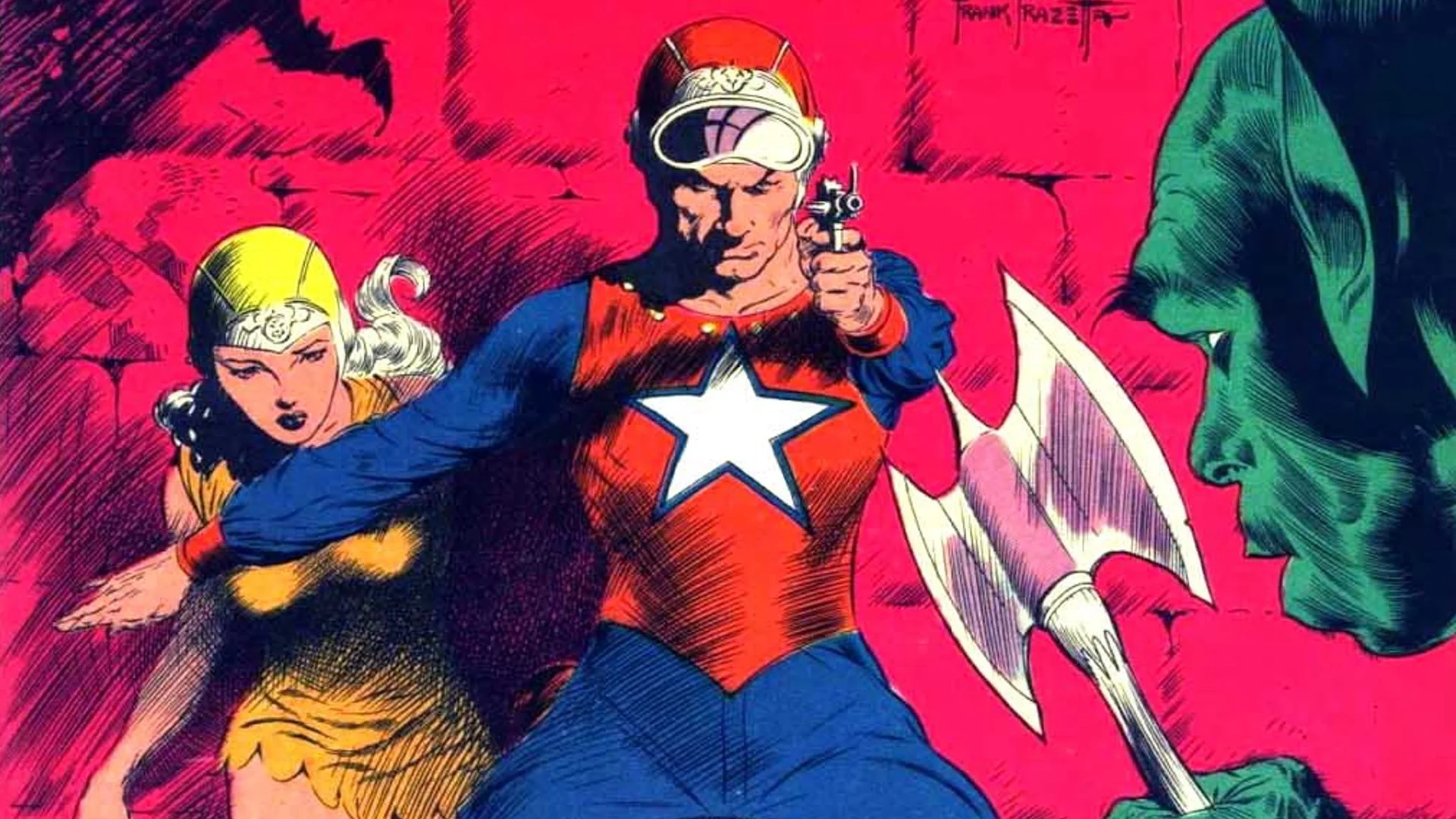Indila, in her collaboration with the singer Amir in the song ‘Carrousel’, in which she compares the passion she feels for her with Vesuvius, one of the most emblematic volcanoes in Italy, replies: “Now that you have promised to love me, you will have to protect me until the last breath”. In a way it is a metaphor of the love that volcanologists Maurice and Katia Krafft have experienced in life and that documentary director Sara Dosa reproduces in ‘Fire of Love’award for the best editing of a documentary feature film at the Sundance Festival 2022 and which already aspires to become one of the protagonists of the awards season.

Dosa narrates a “love story like no other”, just as the bolero describes. But you’re not dealing with a sickly romantic proposition or impossible love; but The director captures what causes the authentic passion for vocation and how this, added to romantic love, is what forms the tandem that manages to transcend history. In a way, the Kraffts evoke the personal and professional relationship that Pierre and Marie Curie had, but it led to the study of volcanoes. And it is there that Dosa is absolutely right, about how marriage has formed a true virtuous circle in which her marital relationship has fueled her professional vocation and vice versa, allowing to see two exceptional figures within geology and chemistry.
“I couldn’t live with someone who didn’t share this passion on the top of a volcano”Katia Krafft wrote in her diary and it is fascinating how Dosa tells the beginning of the relationship, of which very few details are known and which, honestly, are the least important part of this idyll. It is also striking how the passion for volcanoes, the science of observation, was born after seeing the clear imperfection of the human being. The interesting thing about this movement is that, in a sense, it was a return to the origins, to the primitive, to the power of nature itself to create, but also to destroy. Furthermore, in his decisive scientific study of the devastating nature of some volcanoes, both died overwhelmed by the flow produced by the eruption of the Unzen volcano, in Japan, a fateful June 3, 1991.

A heartfelt tribute to the passion for vocations
Beyond that poetic gaze, which perfectly reflects how without passion it is impossible to carry out a fully vocational profession in a satisfactory way; ‘Fire of Love’ is also a vindication of the work of marriage, of how the volcanoes themselves (which they split between reds, those that offer exuberant and beautiful images, and grays, those that bring bad luck wherever they go) they had to get them to review the company and how they pioneered the creation of a protocol to prevent a volcano eruption and subsequent evacuation plan. Here Dosa captures the inertia of the governments of different countries and how they ignored the alarms of the experts, causing thousands of deaths and disappearances and how the struggle of the Kraffts was, as well as that of other professionals, those that led to the creation of an evacuation protocol, with which thousands of lives were later saved.

Also, albeit in a much more subtle way, it is the claim of conjugal figures as their own entities. In his case, a geologist by profession, it was obvious, but Dosa also proves it she, a geochemist, also marked her own character and how their differences strengthened their union. Secondly, Dosa pays homage to Krafft’s cinematic gazesince most of the “Fire of Love” footage is archival material from the couple, in which they also complemented each other, since he filmed in 16mm, while she photographed the craters on foot. Their audacity, as well as constantly living on the edge (which ended up costing them their lives), led them to shoot incredible natural sequences. The cinematographic character of his work, which now transcends the university archive, is undeniable.
“Fire of Love” is a sincere tribute to the life and work of Maurice and Katia Krafft. A feature film that perfectly expresses the passion of volcanologists for their profession, conquering with the feeling they both get when they talk about their work; as well as with scenes of incredible beauty, which dazzle as they are impressive, evoking the immense power that nature itself has, leaving that feeling that it is the planet itself that transcends, beyond the brief stay of every human being on Earth.
Note: 9
The best: To feel that passion that the Kraffts had for volcanoes. Your masterful photography.
Worse: That his fascinating personal and professional history has been buried in academia for so long.
Source: E Cartelera




